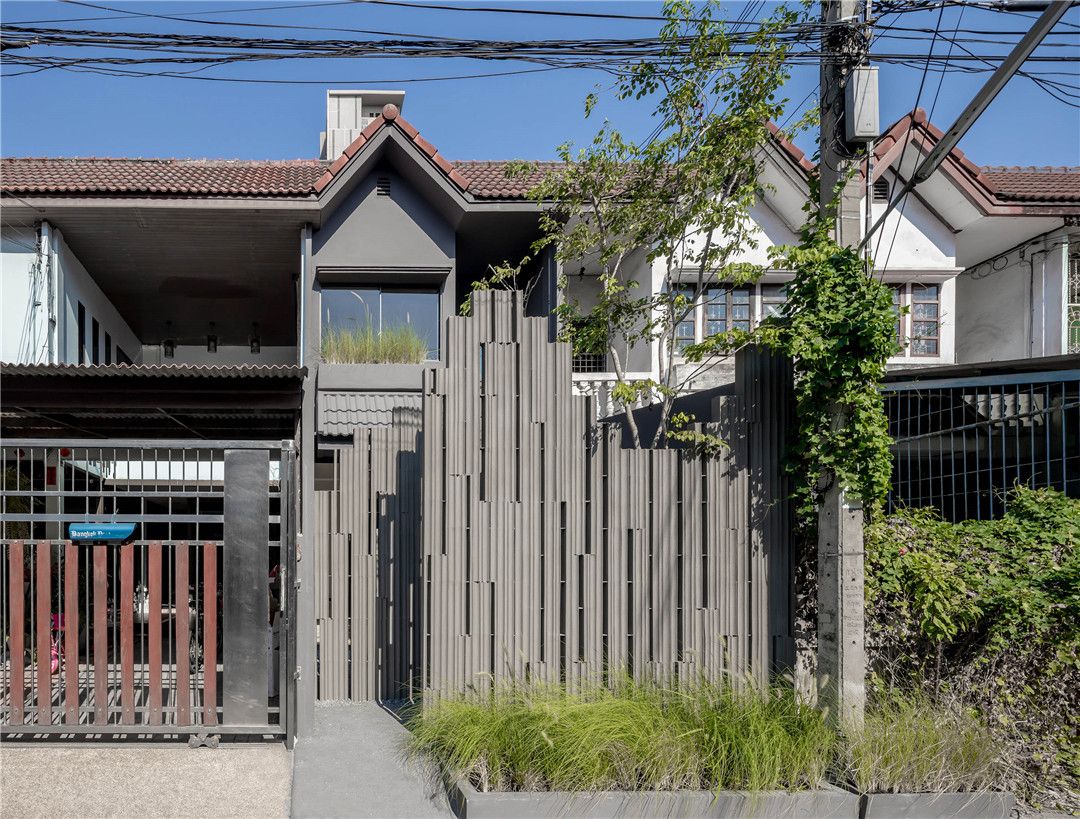
PhetkasemArtist Studio, hidden in the residential suburb of Bangkok, is a typicalcommercial housing in Thailand. This commercial housing typology wasmass-produced by developers 30 years ago, and it instantly spread to numerouscapital cities in Southeast Asia, resulting in the sense of indifference incityscapes. Yet, in this village, the residents exhibit a different lifestylefrom the typical residential units. They built fences to obtain a larger garagearea, added roofs for more storage space, and extended rain sheds to meet theflexibility of the ground-level commercial possibilities. In addition, theyused potted plants, which sometimes even obstructed the roads, to satisfy theirvision of small gardens. These "improvised" yet harmonious man-madestructures, in particular, metal materials such as steel pipes and iron rods,are not only used for their material structure and shape but also used in largeamounts in daily illegal construction. In fact, this phenomenon is known as"readily available steel pipes or iron rods in Thailand".Looking back in history, Thailand was once a major steel producer and oncethe largest exporter of steel pipes in Southeast Asia. Yet, these materialslost their fundamental properties by being used in advertising signs, balconywindows, rain shelters, etc.
Forus, the most captivating feature of these steel pipes everywhere in the streetsof Thailand is the elegant curvature and the light and hollow shape, whichunfortunately have not been effectively adopted so far. This project hascollaborated with Pacific Pipe, a well-known Thai steel pipe producer, to usesteel pipes as unit bricks to create "steel pipe bricks" with aheight and width close to four meters, which produced both the micro-climateeffects of sunshade lighting and convection ventilation. The design alsoemploys a half-split steel pipe on both sides of the unit, so that fivedifferent diameter pipes are integrated into the same unit, and a variety ofmixed-effects are created by rotating and mirroring. In addition, the steelpipe bricks are first technology combined with soil spraying texture inThailand, creating low energy cost and convective ventilation effects, therebyproviding an alternative residential lifestyle in tropical climate.
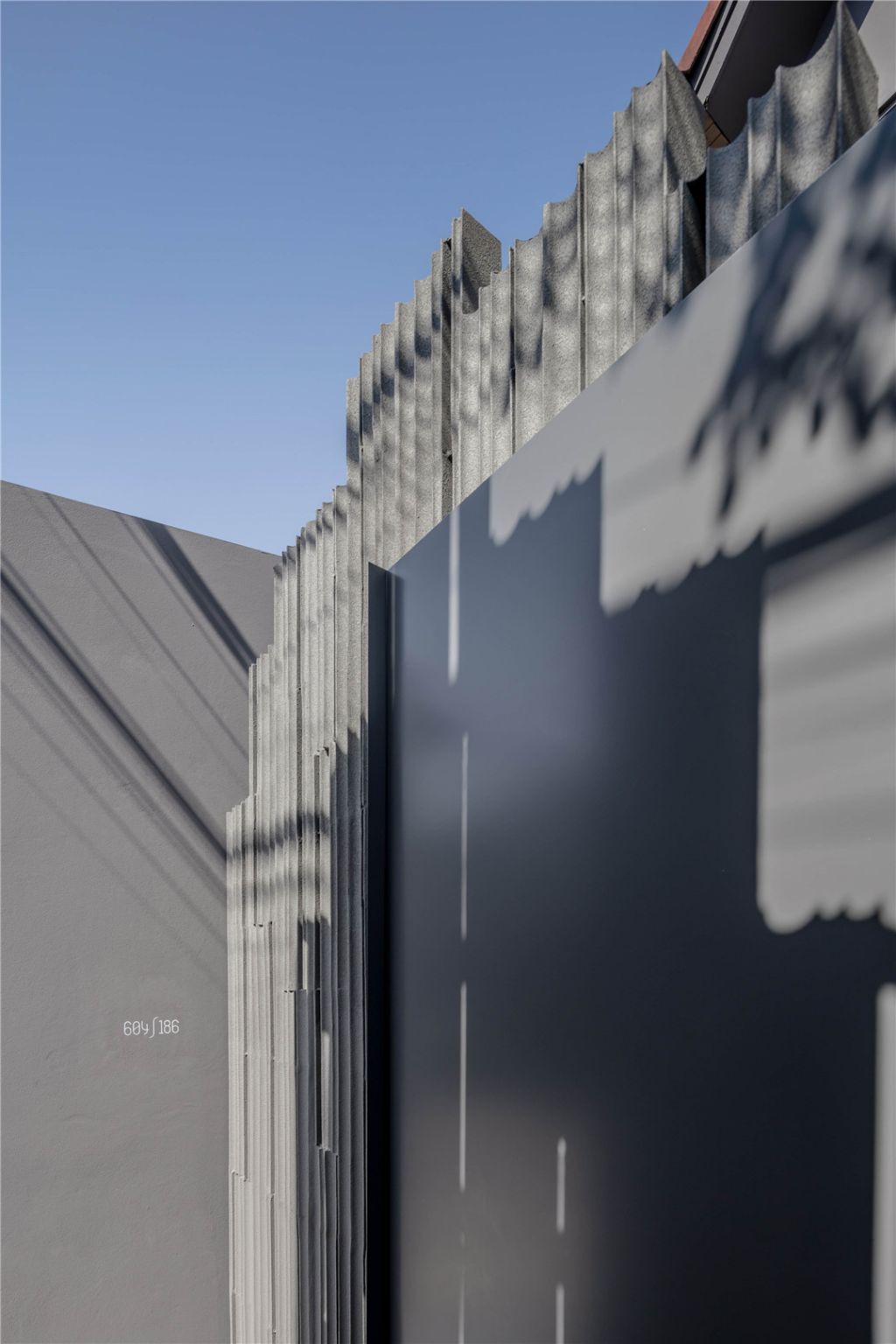
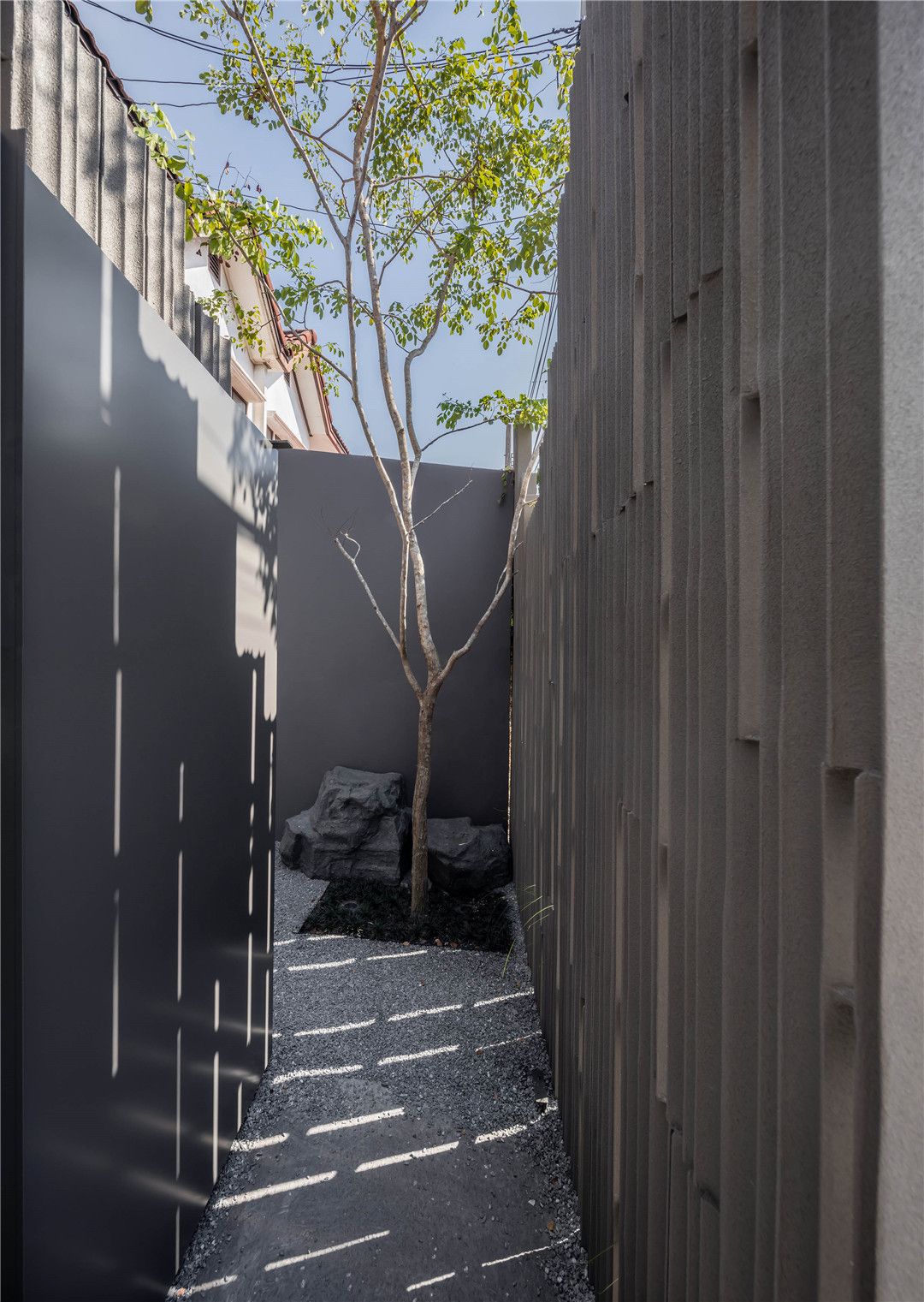
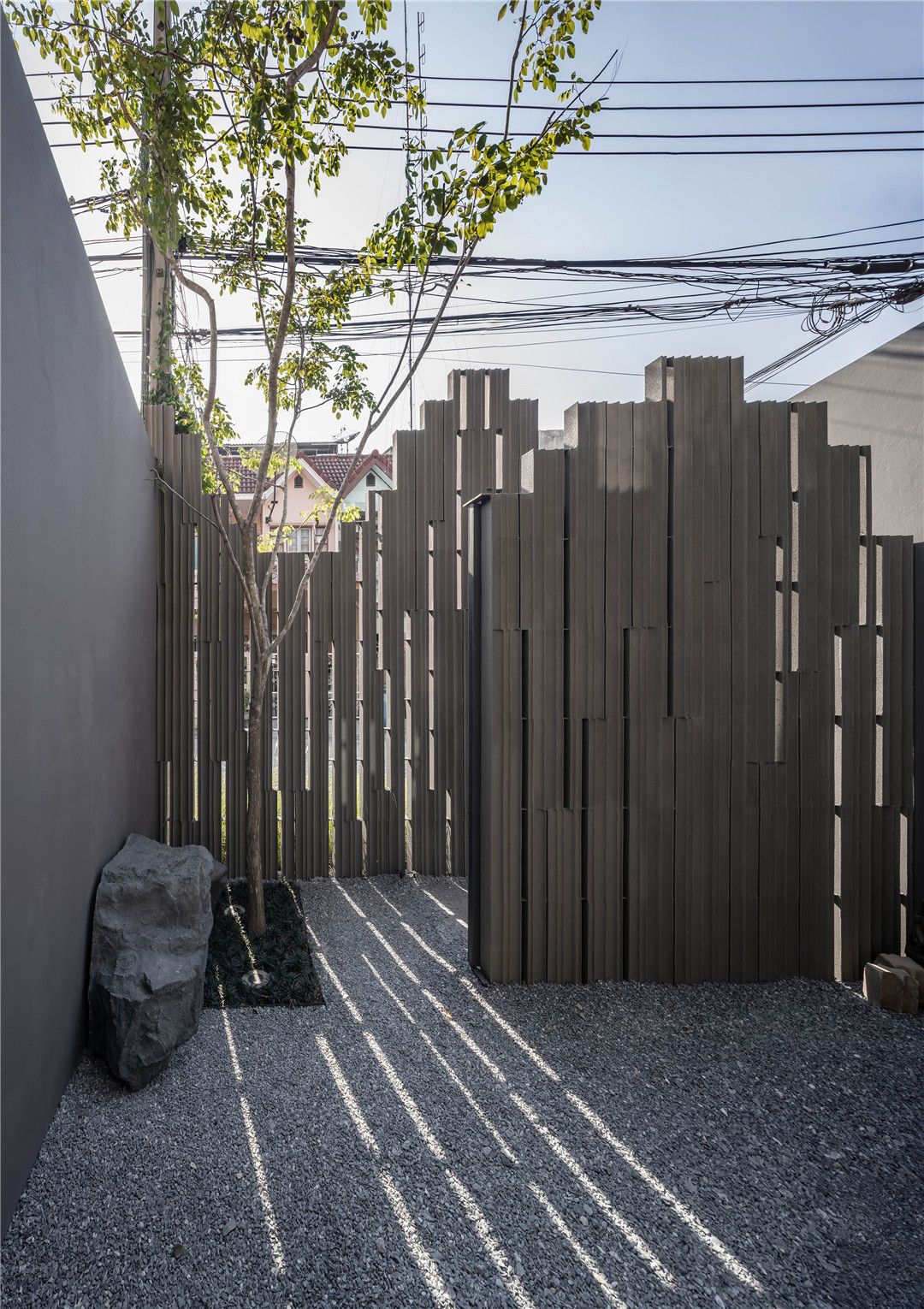
Inthe entrance space, these unique steel pipe bricks form a quiet semi-open areathat brings in little breezes, which combine with the local trees in Thailand,to create a unique arrival experience. With no air conditioning systeminstalled on the first floor, in an enduring tropical climate of nearly40-celsius degrees, the design connects the front yard with the backyardthrough apertures in the brick system, further introduces the alley breezes inThai street alleys as a new lifestyle closer to nature. The second-floor areaintentionally exposes the original column-beam structure, which emphasizes thesense of scale, produced by a vast difference between width and height of thepitched roof, to contrast the atmosphere of the compact first-floor andspacious second-floor.
Phetkasem Artist Studio is not only a workspace for artistic creationbut also a residence that combines living, resting, and dining functions. Itsform breaks the image of the typical commercial housing, and through commonindustrial materials in Thailand, it reshapes a new building type that combinesgeography, climate, and neighborhood. In addition to the architecture itself,the project cooperates with multiple international consultants across theglobe, including steel curtain wall consultant Pacific Pipe, aluminum door andwindow consultant Goldstar Metal, lighting technology Visual Feast, sanitaryware consultant AmericanStandard, landscape consultant FloraScape and signage consultant Shanghai ViewStudio
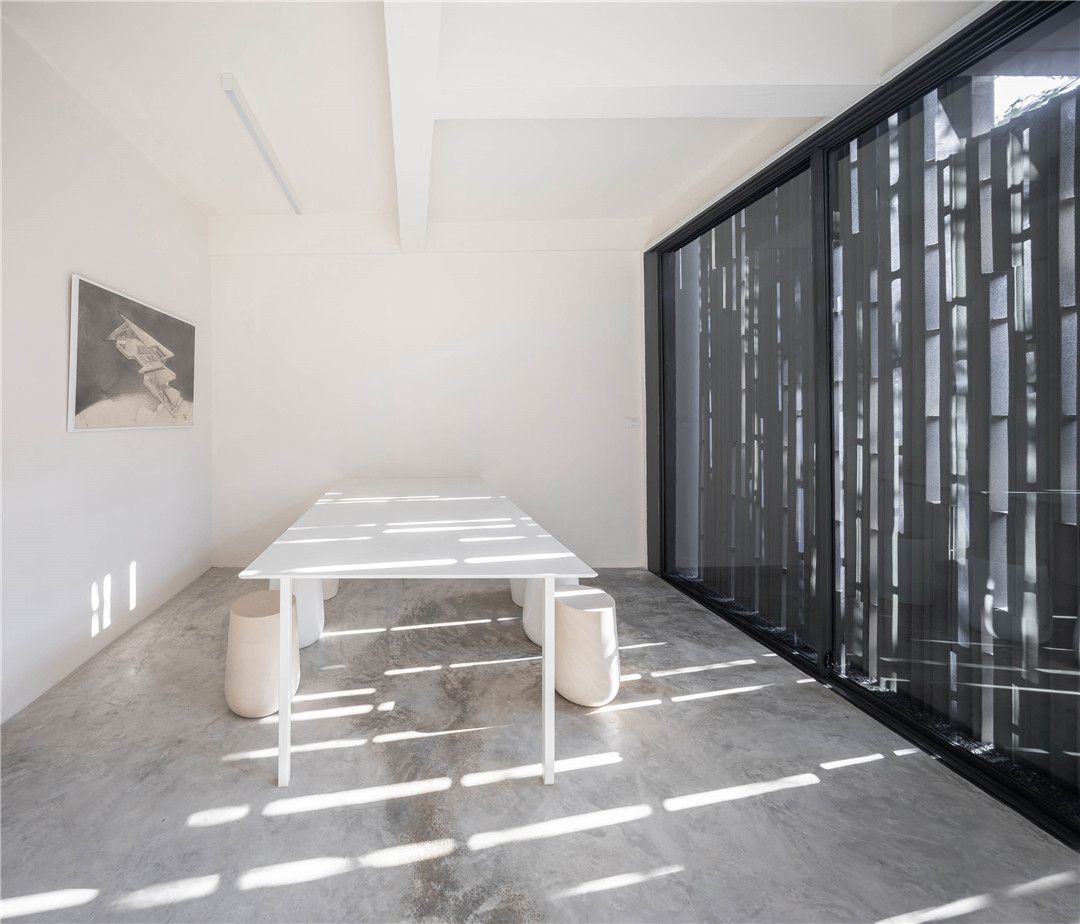
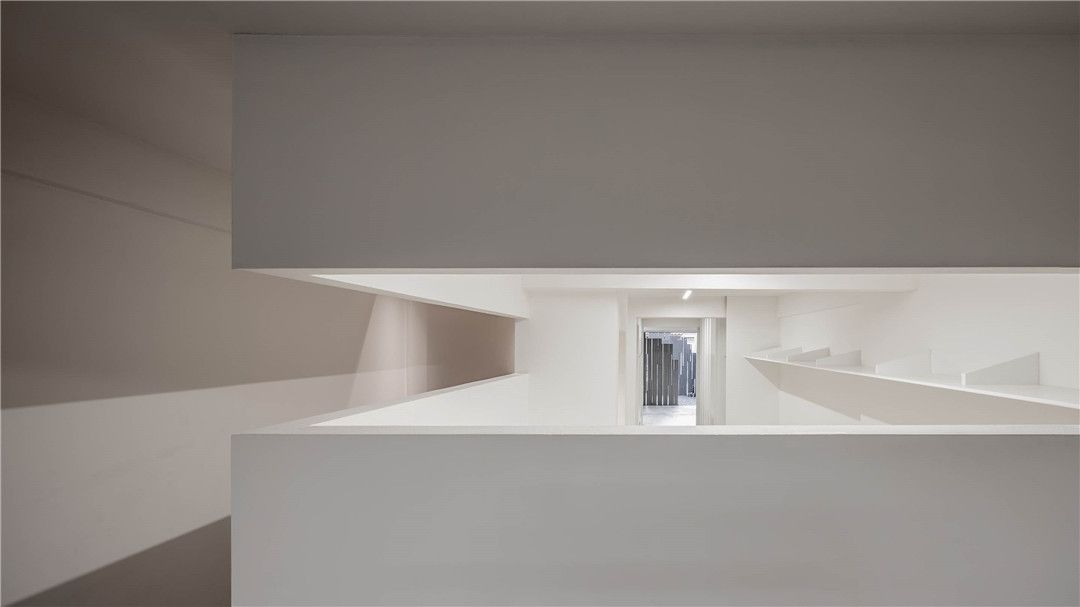
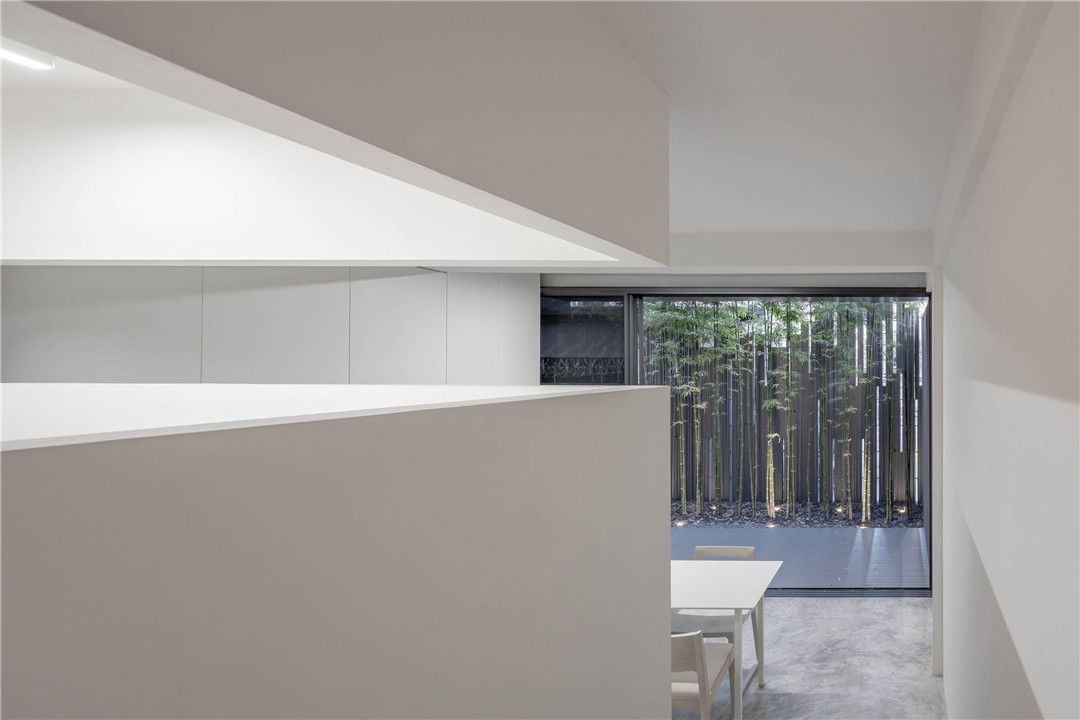
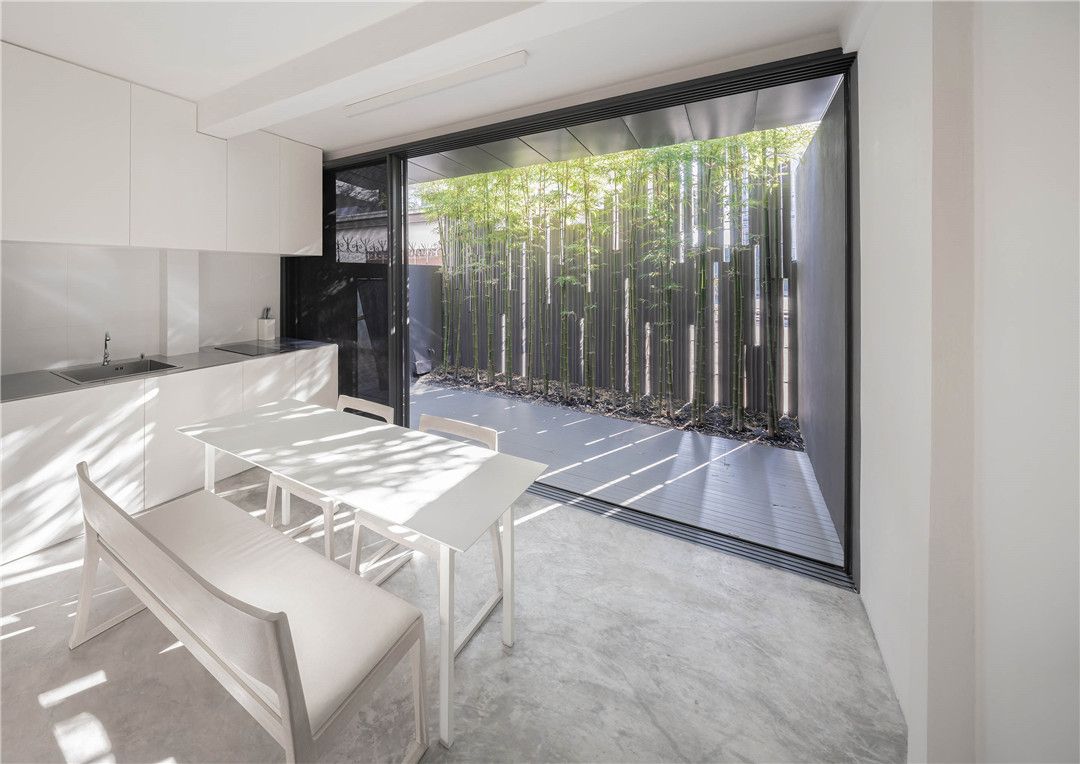
The designer believes that this work, although itis a renovation of an old building with structural and size limitations, can bea driving force for an innovative way of change. The project is now morepractical for use, with retrospection into the past and prospection into thefuture.
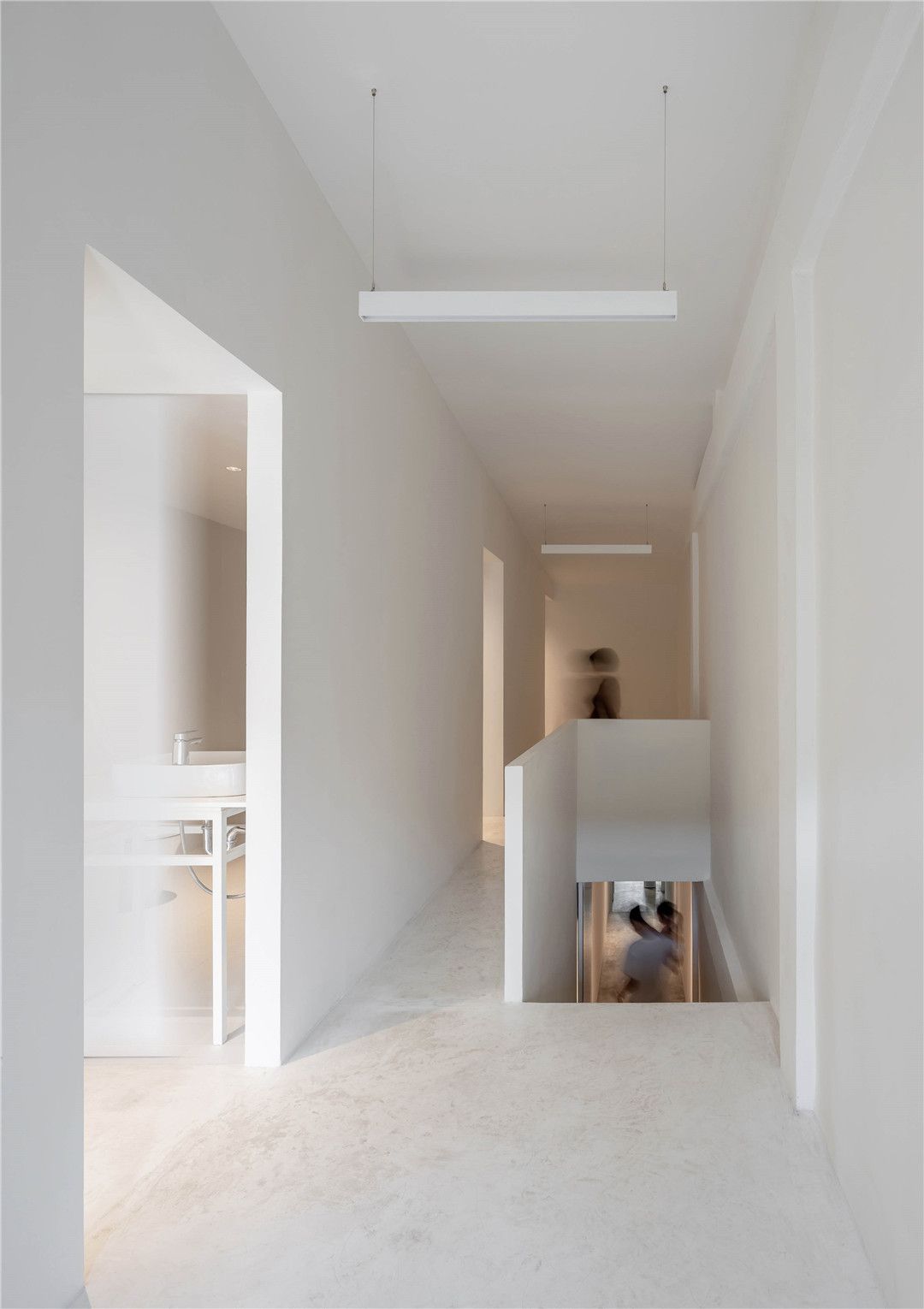
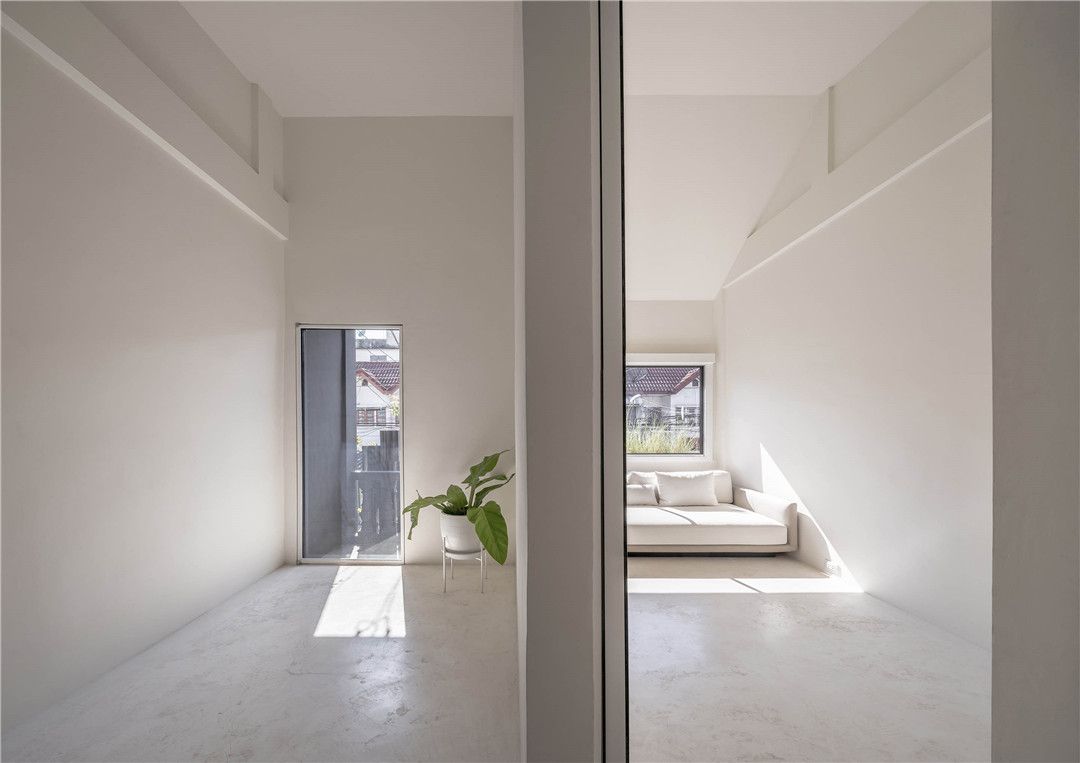
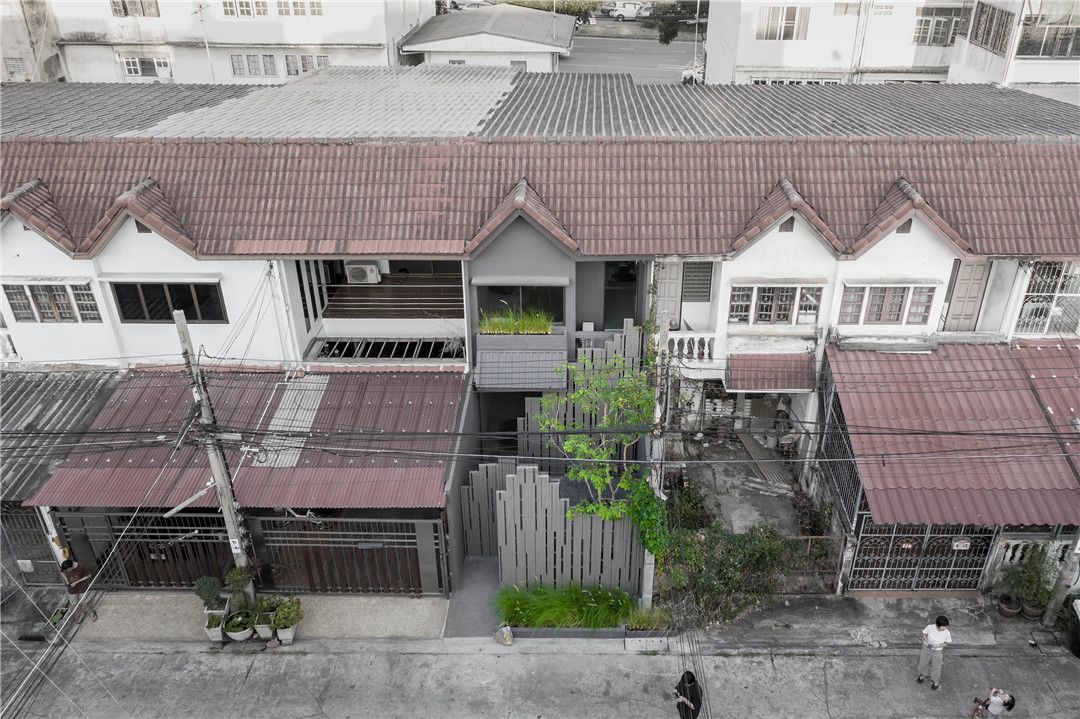
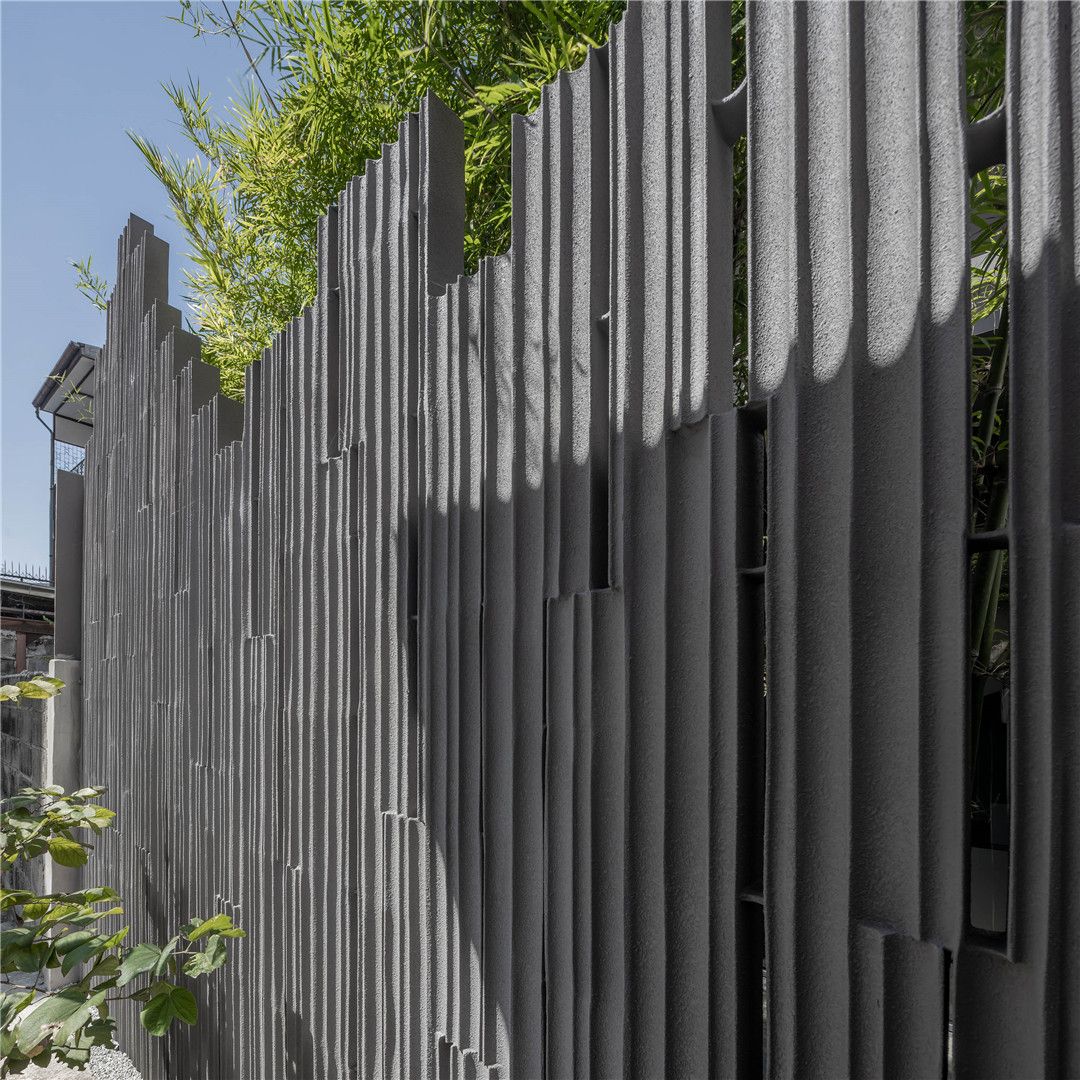
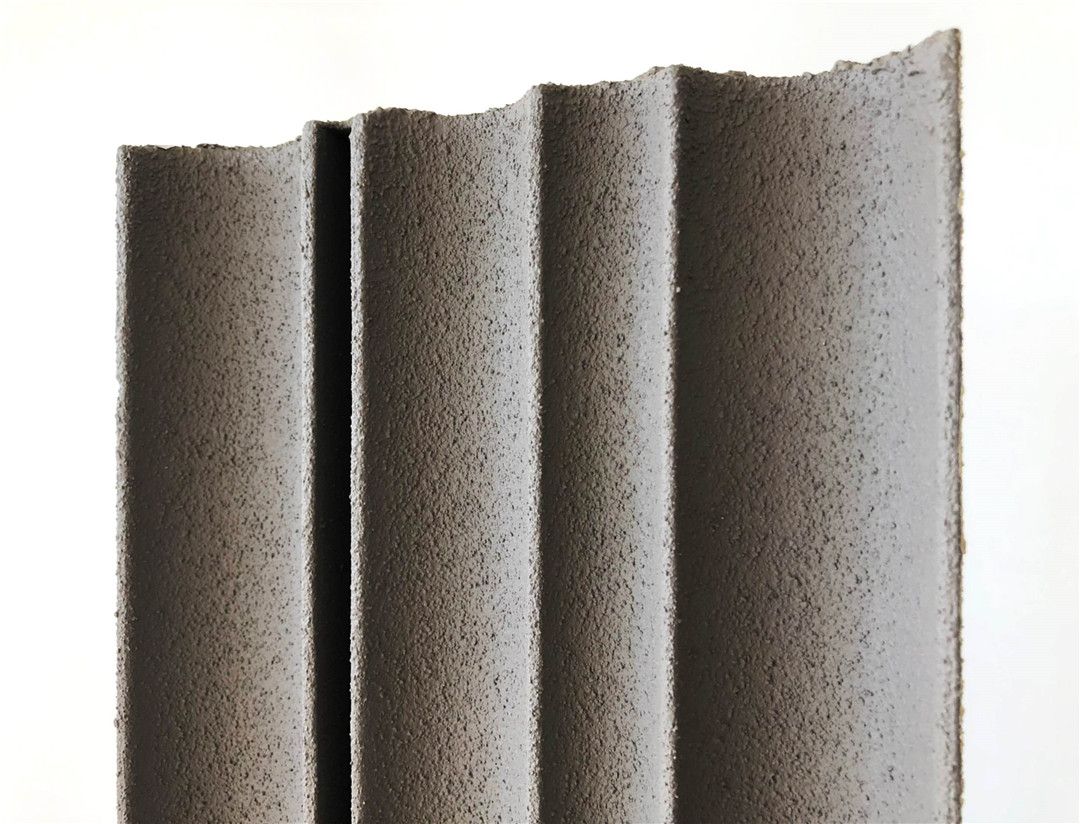
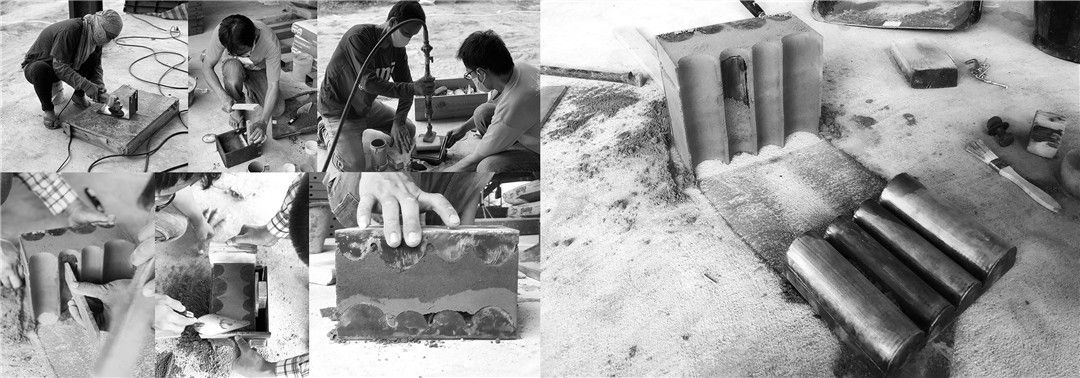
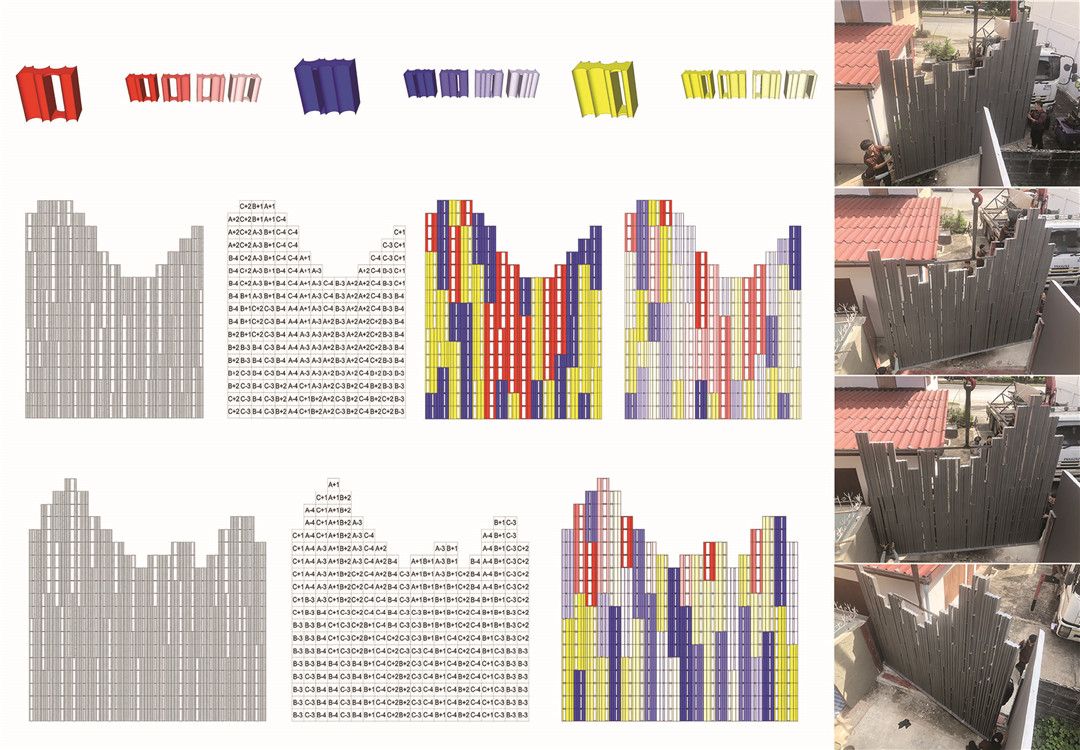
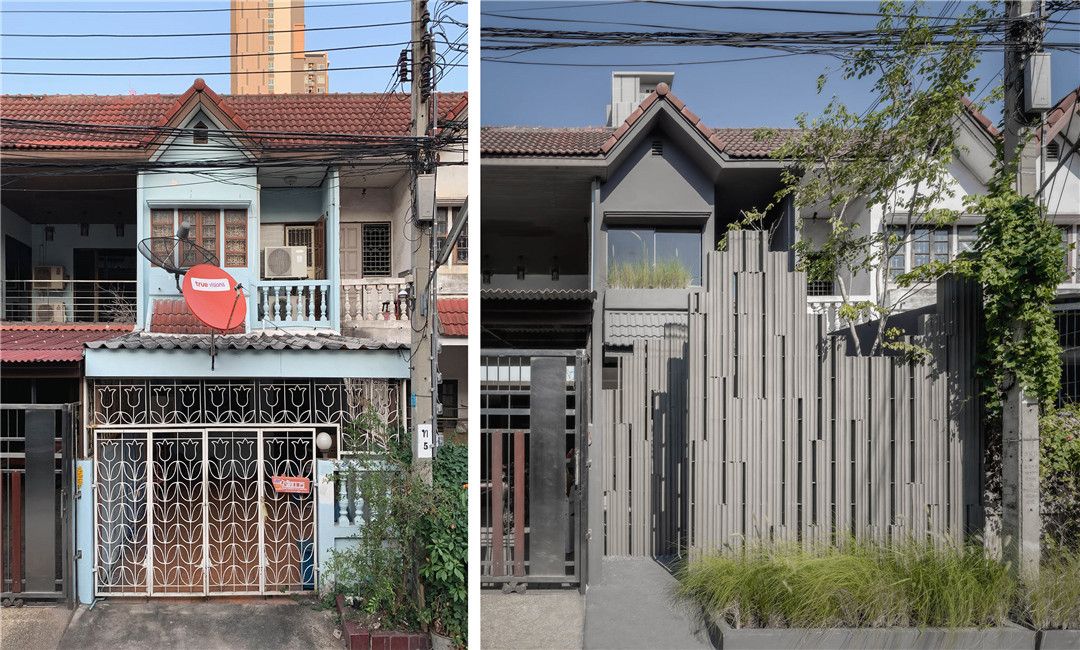
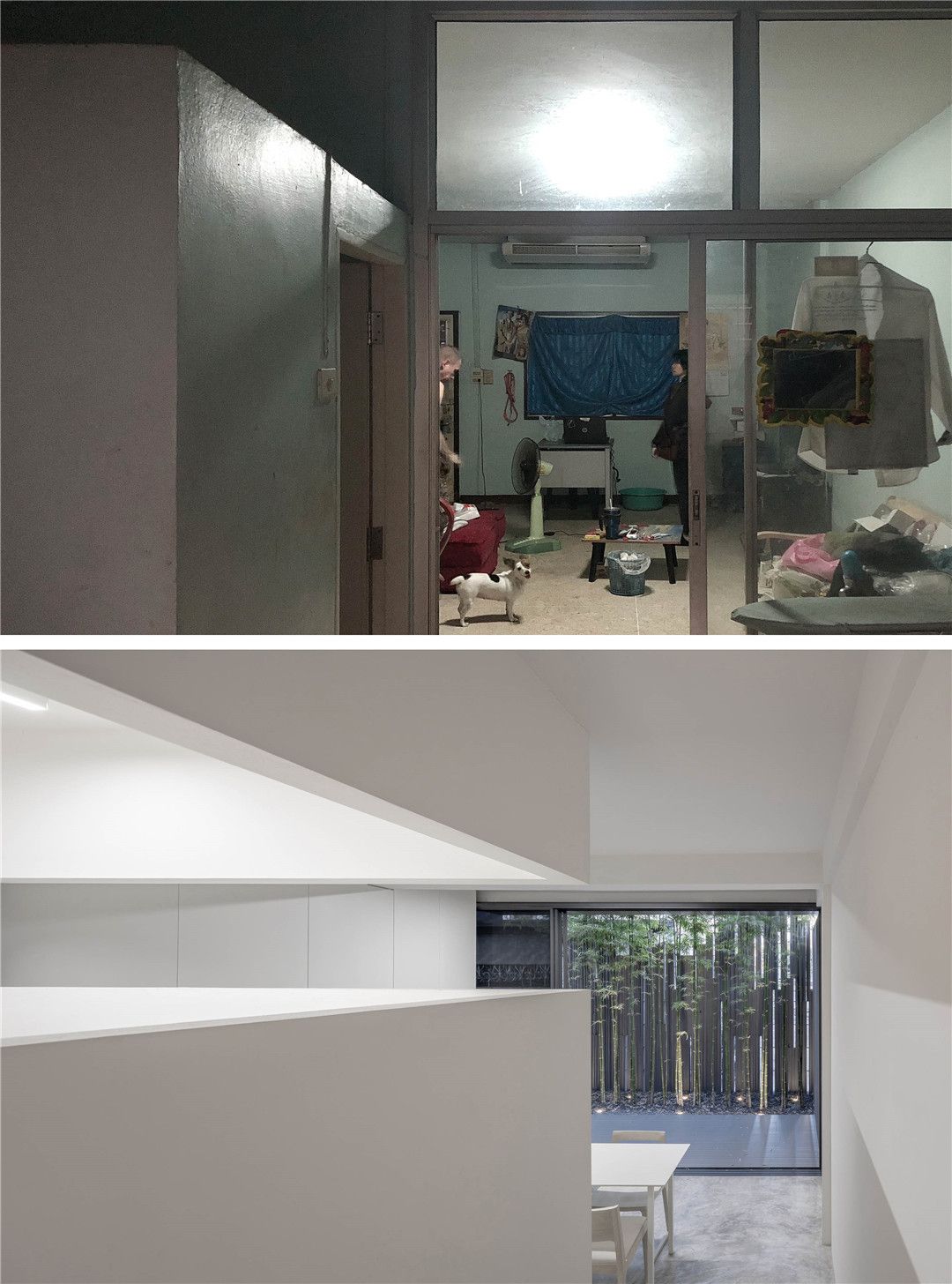
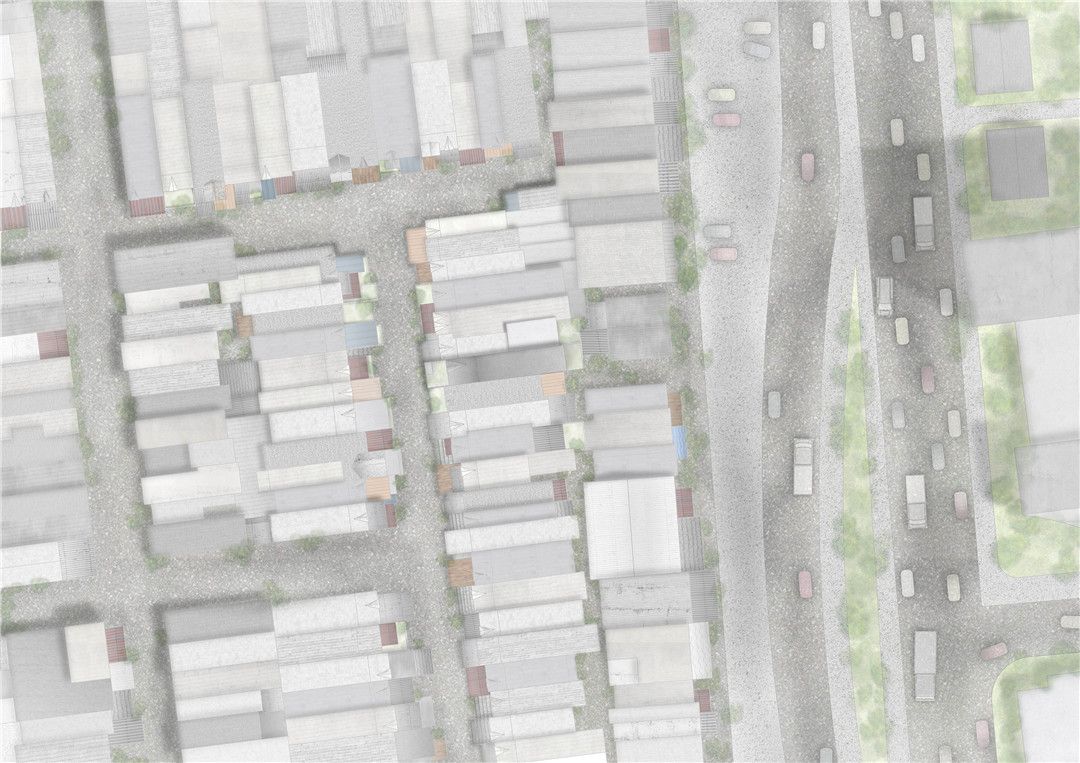
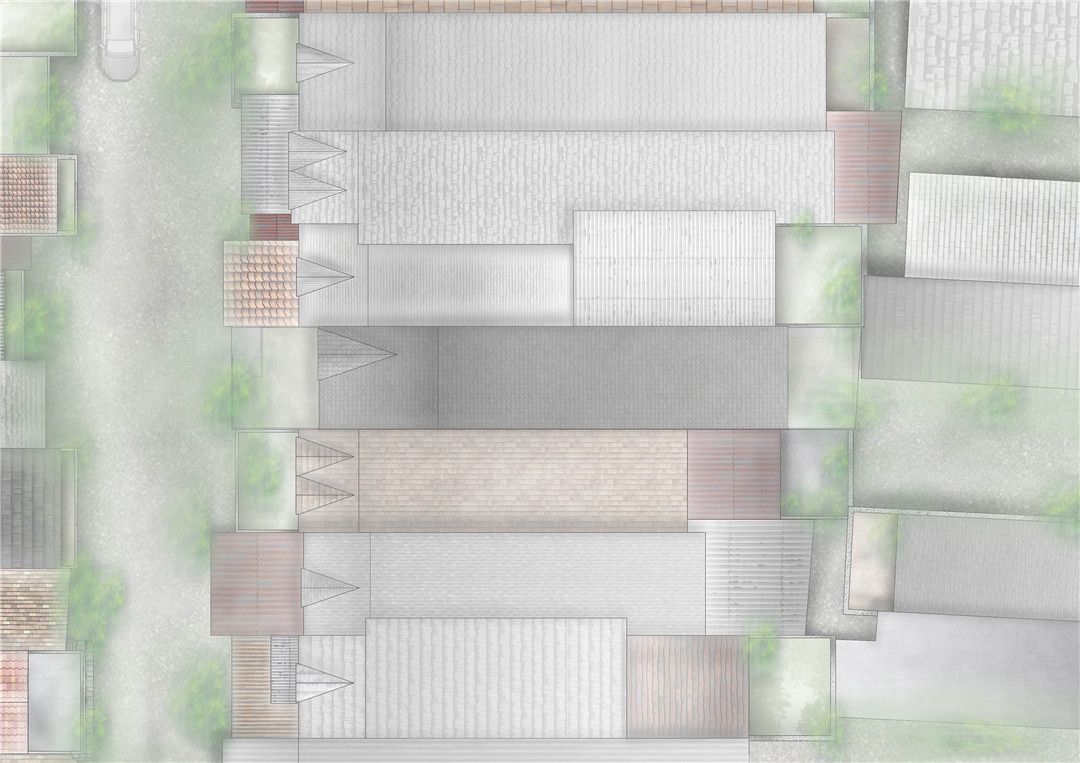
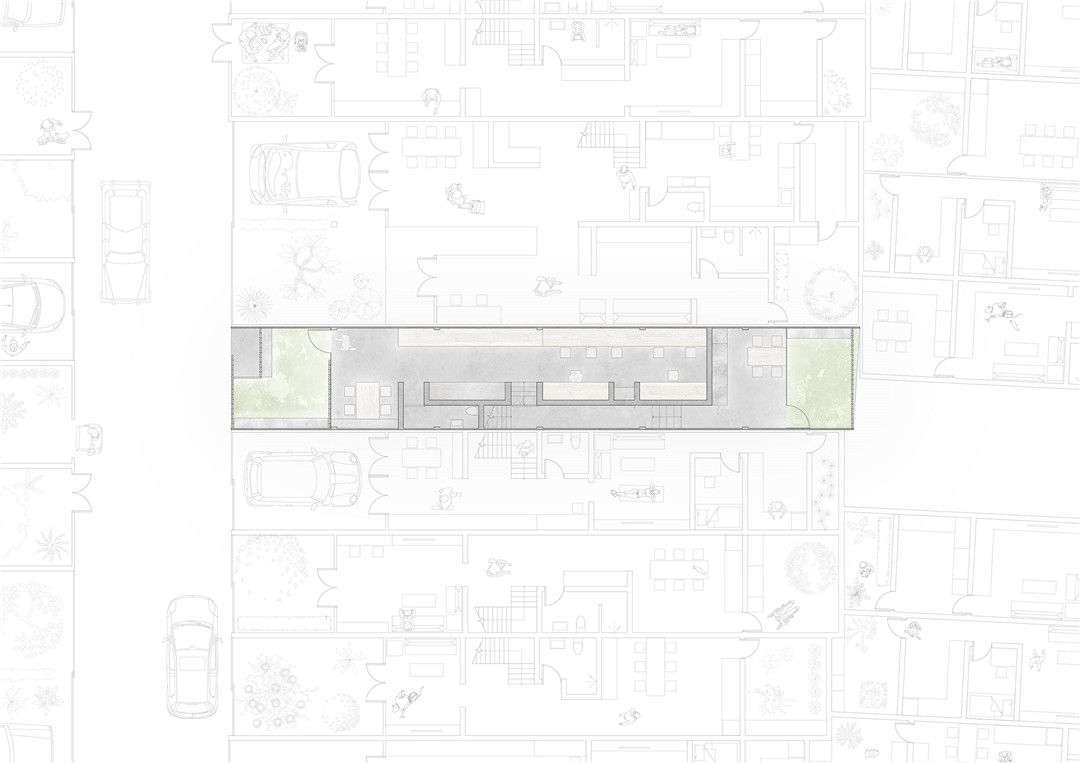
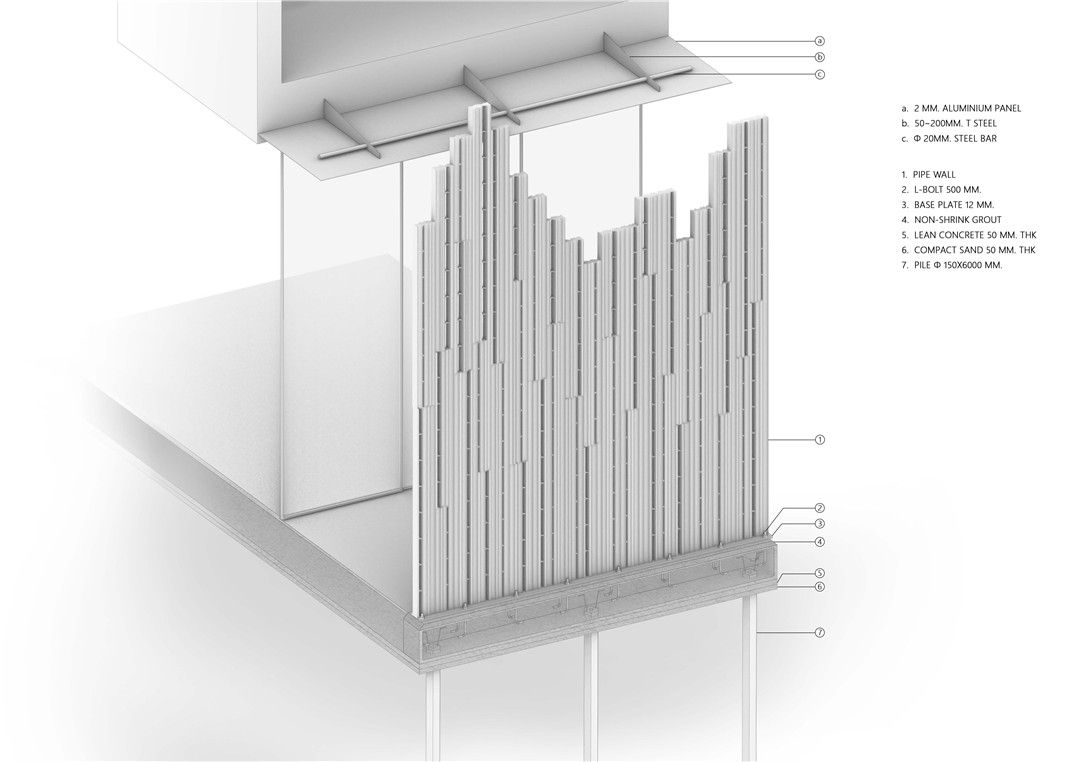
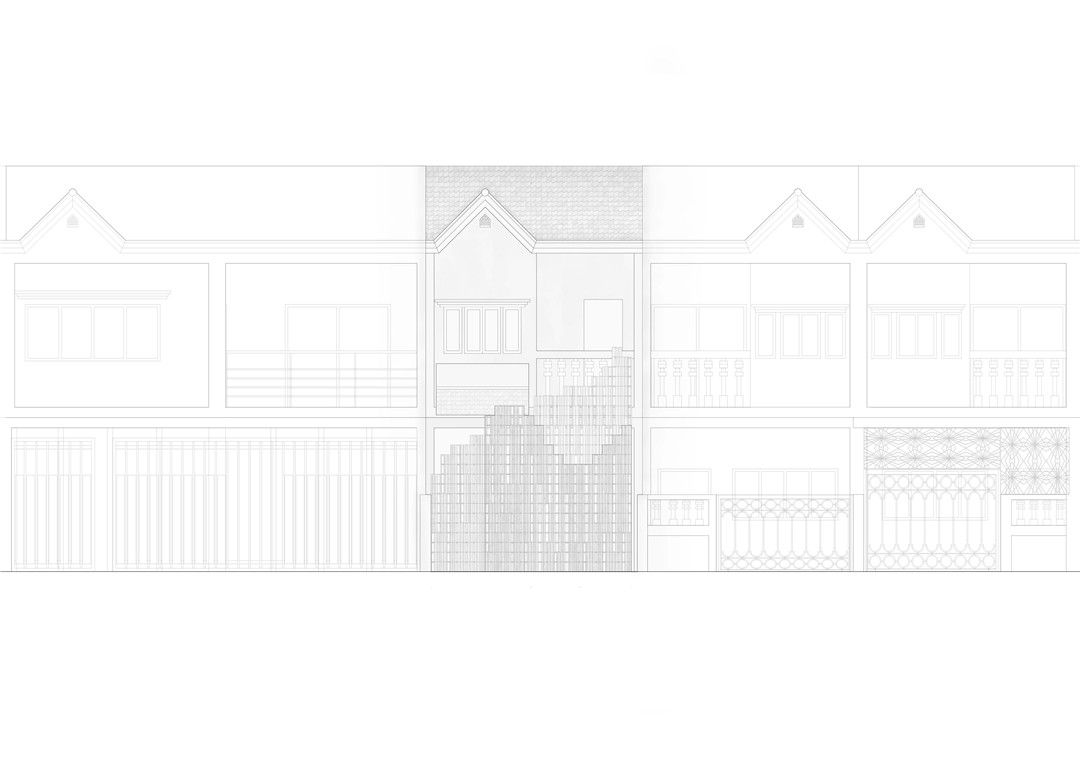
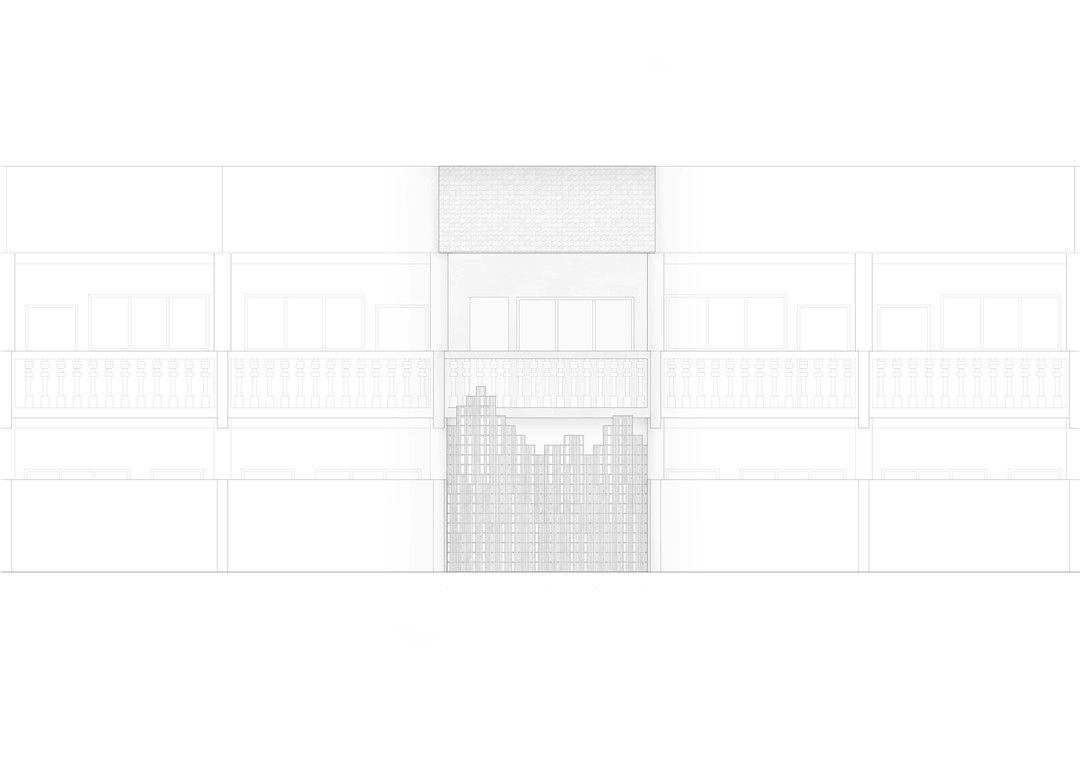
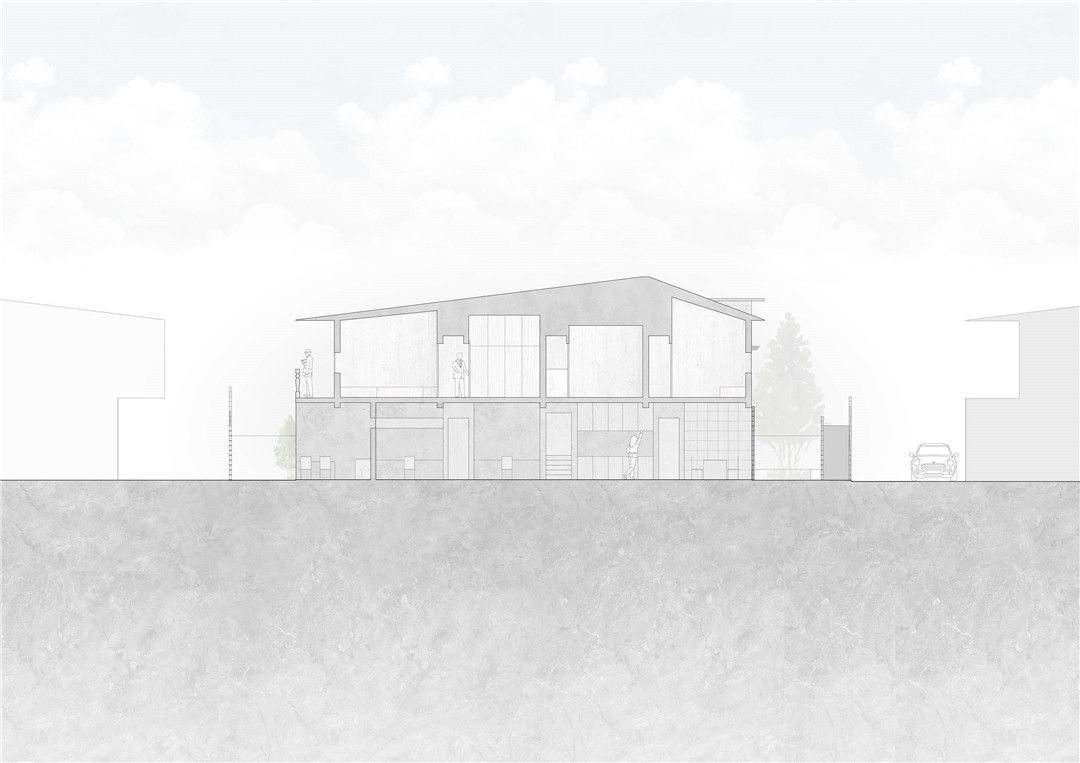
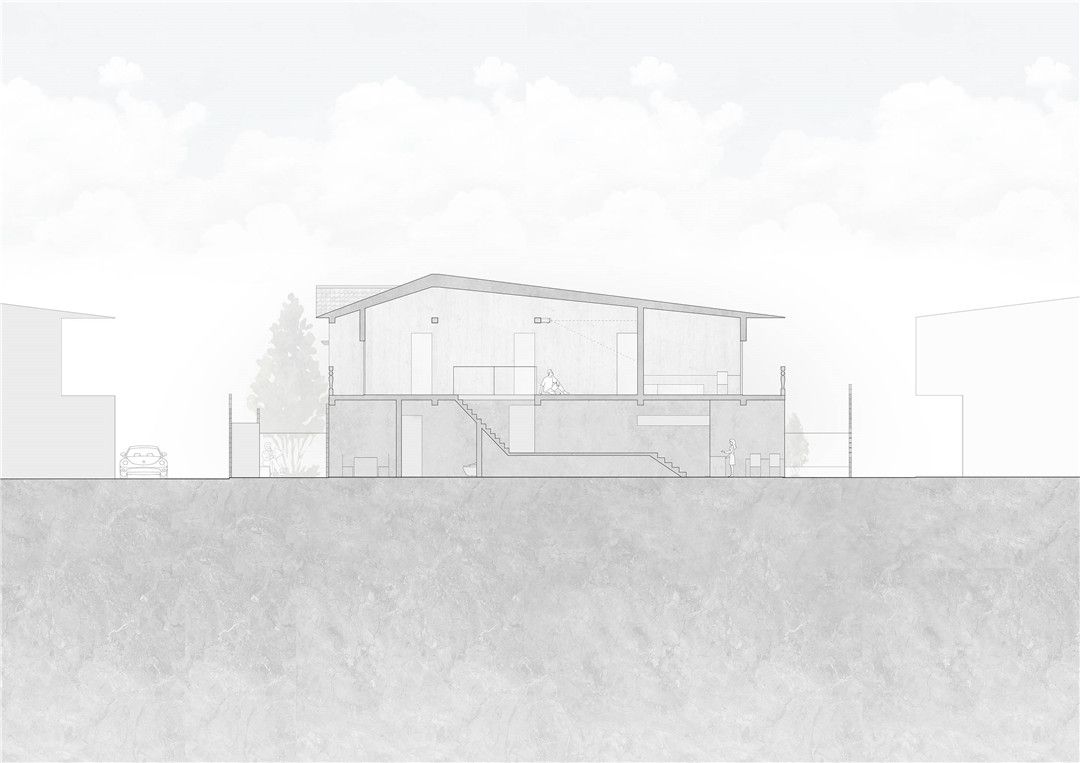
|
 - 手机版 - 小黑屋 - 园冶杯国际竞赛组委会
( 京ICP证090434 )
- 手机版 - 小黑屋 - 园冶杯国际竞赛组委会
( 京ICP证090434 )  - Design: Mobanbus
- Design: Mobanbus
 - 手机版 - 小黑屋 - 园冶杯国际竞赛组委会
( 京ICP证090434 )
- 手机版 - 小黑屋 - 园冶杯国际竞赛组委会
( 京ICP证090434 )  - Design: Mobanbus
- Design: Mobanbus